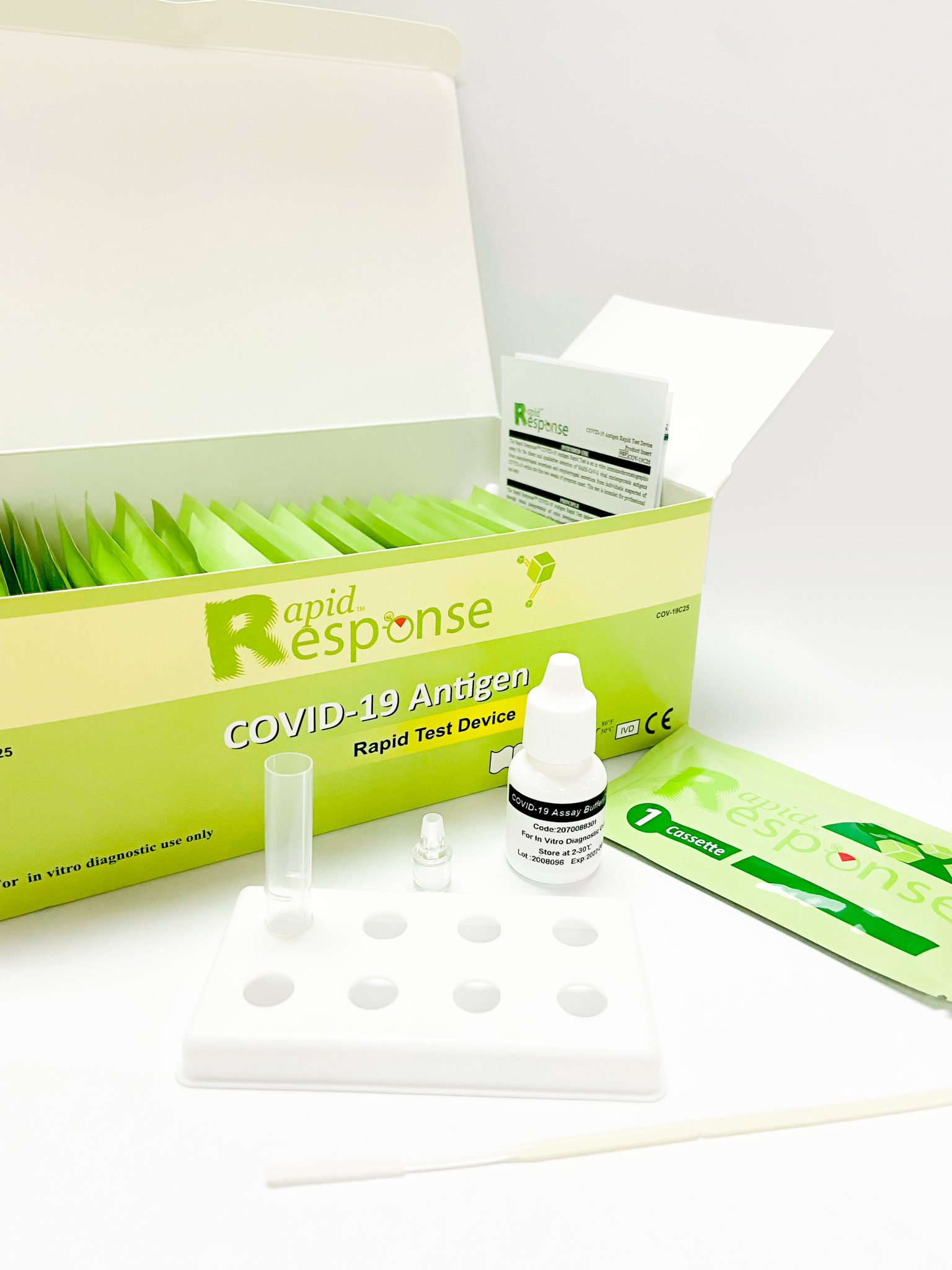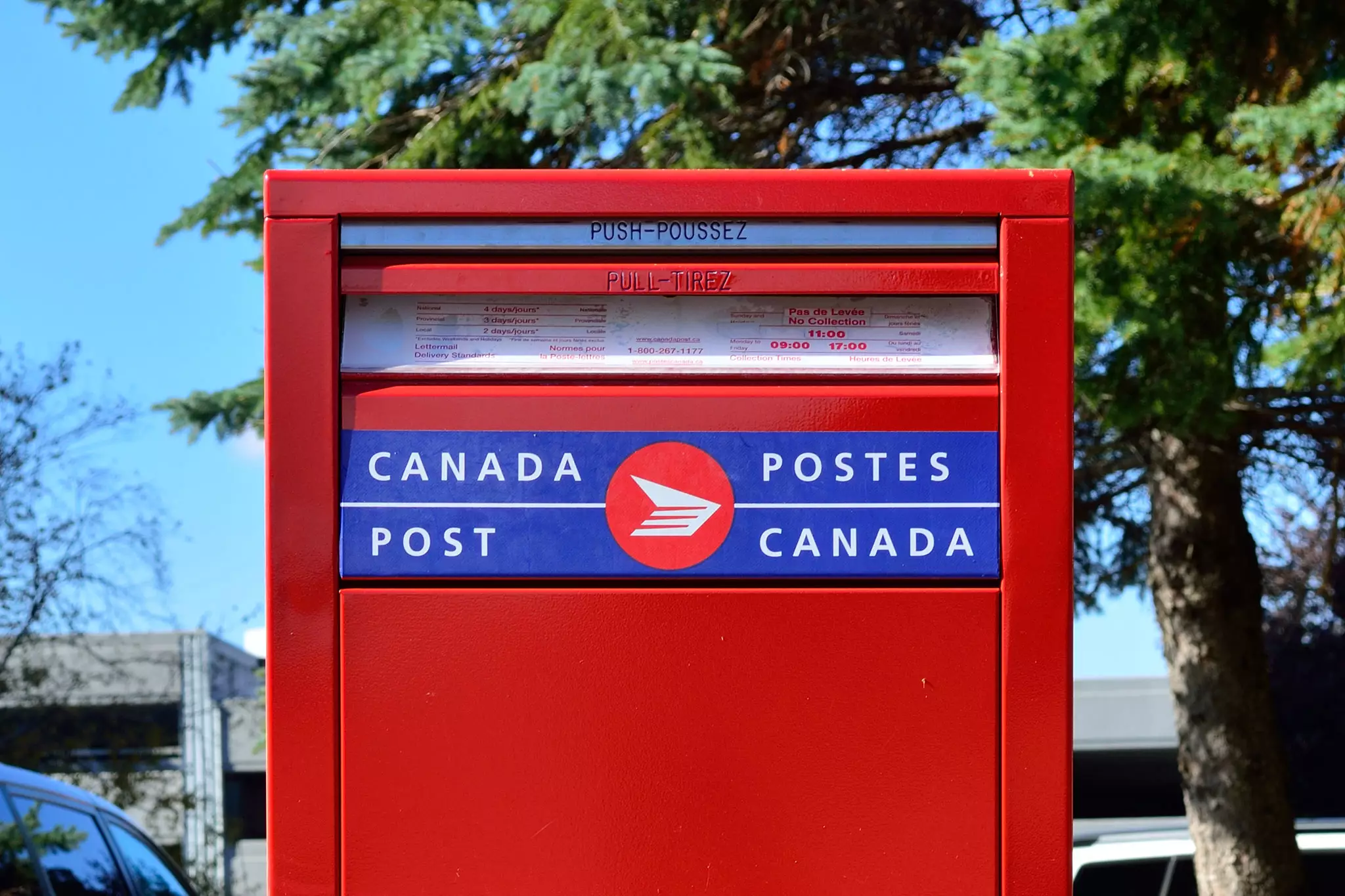n internal memo from Health Canada reveals that the federal government is currently grappling with a surplus of 39 million rapid tests for COVID-19 and facing challenges in finding a suitable solution for their disposal without resorting to wasteful measures.
During the surge of the Omicron variant in Canada towards the close of 2021, the government swiftly procured a substantial quantity of rapid antigen tests and promptly distributed a significant portion to the provinces. The intention was to enable individuals to conveniently conduct self-administered tests at home to detect the virus.
However, with the situation now changed, there exists a surplus of these tests, and the authorities are actively seeking the most responsible and effective means of managing this excess stock without resorting to their wasteful disposal. The objective is to ensure that these valuable resources are not simply discarded, but instead utilized in an appropriate manner to support the ongoing efforts in combating COVID-19.
With the decline in the number of individuals undergoing COVID-19 tests outside of hospitals and healthcare facilities, the government now finds itself with an excess supply of tests, unsure about the most suitable course of action to utilize them effectively.
The obtained memo originated from federal access-to-information laws.
During early 2022, rapid tests held significant importance and value, especially when regular testing capacity was primarily reserved for specific cases in many provinces. Throughout the course of the pandemic, Canada has invested approximately $5 billion in procuring rapid tests.
Despite the initial decline in Omicron infections, the government persisted in stockpiling tests, anticipating the possibility of another substantial wave of infections striking the country.
The anticipated surge in infections never materialized, and with the gradual easing of public health restrictions, the government accumulated a substantial reserve of approximately 93 million tests as of March 21.
As of July 25, the stockpile remained at over 90 million tests, as stated by Health Canada.
Presently, provinces and territories possess sufficient supplies to distribute eight tests to each Canadian. To prepare for future emergencies, the federal health department intends to maintain a reserve of up to 55 million tests, leaving an excess of 39 million tests as of the end of March.
Various solutions were proposed by the staff to dispose of the tests, but each option presents its own set of challenges. The most significant hurdle is their limited shelf life, typically lasting only one or two years.
As of now, the government has not discarded any tests. However, the department has identified 2.1 million tests that are either damaged, expired, or considered “non-compliant,” making them ineligible for distribution.
Additionally, the memo indicates that another 38,722 tests are expected to expire in August and September. The majority of the tests are set to expire in 2024.



